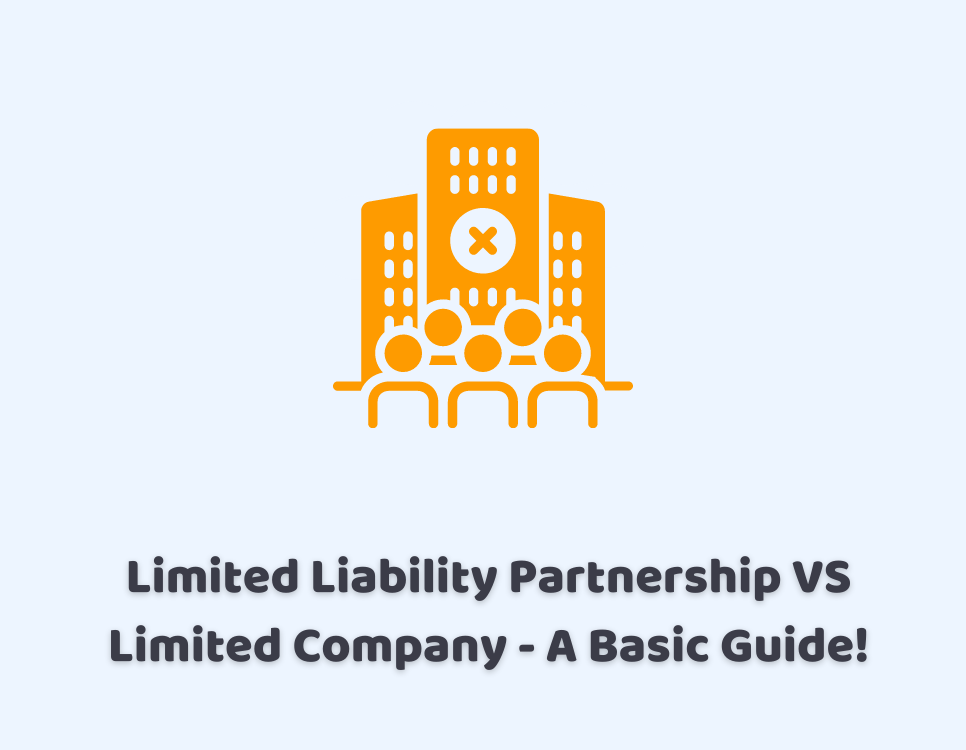
26/12/2022Business , Limited Company
Are you wondering about a company limited by guarantee and who takes the charge of actually forming them in the UK? Well, most commonly such companies are formed by membership organisations, workers’ cooperatives, sports clubs, and other non-profit organisations. The purpose of non-profit organisations’ owners is to get the benefit from guiding the limited financial liability. Such companies do not tend to have shareholders or any shares to give in normal practice. This is what makes such companies different from other companies that have shares. However, the company is associated with a few guarantors who are interested in giving a set amount of money for the sake of company debts.
Furthermore, we can say that there are no prominent profits generated by this activity for the guarantors. This is due to the fact these guarantors invest in the company to promote the non-profit organisation. And the set of money is considered reinvesting in the company. In some cases where the profits are shared among the distributors, the company will have to go for charitable status by applying a forfeit. Focusing on the basics for a better understanding, this guide has covered what is a limited by guarantee company, how to form a limited by guarantee company, what are the benefits to form one, and how is it different from other companies.
Reach out to one of our professionals to get to know the company limited by guarantee for your earnings in the UK. Get in touch and you will be provided instant professional help!
What is a Company Limited by Guarantee in the UK?
The use of a company limited by guarantee is normally for the wide use of charities, societies, clubs, community projects, and other examples of similar bodies. There are several limited companies by guarantee that are not known for being non-profit organisations or associated with them. This is due to the factor that these companies do not have a tendency to share the profits among the distributors. They rather keep the profits within the company to use for a better purpose. Many such companies will be in need of drafting their articles as well. This is for the purpose of specialised work to be undertaken.
What are the Benefits of a Company Limited by Guarantee?
The prominent and major reason to form a limited-by-guarantee company is to benefit the charity. Also, the owners or the distributors are to be protected from any kind of personal liability if there is a case of company debts. This can further help to promote the non-profit organisation. There are several examples where organisations are also registered as companies limited by guarantee just like local authorities and funding bodies. Moreover, there are certain benefits to forming a company limited by a guarantee that is outlined in the following for you:
- Such a company is known to be a distinct legal entity from the owners.
- This makes it independent and responsible for any kind of company debts.
- The directors of the company are protected from any liabilities of company debts.
- The personal finances of the directors are kept away from the company’s financial matters.
- A limit to the guarantees is only considered to pay the debts of the company by the directors.
How to Form a Company Limited by Guarantee in the UK?
If you aim to form a company limited by guarantee, the process of forming is usually easy. There are several customised special guarantee packages offered by professionals for this purpose as well. However, once you make up your mind about forming a limited company by guarantee, you will have to have awareness of a few things. Moreover, ensure to keep certain requirements with you before you aim to apply for it. These details are outlined below:
- A memorandum of association and articles of association are required to get a company registered. This document has the basic information of the owner or guarantor.
- There is either one person who has taken the position of owner and guarantor or there can be multiple people holding these positions.
- Articles explain the set of rules.
- For a first-time formation, companies house will give you the memorandum and articles.
- Information on People with Significant Control will be given.
- The guarantors or the directors are normally the People with Significant Control.
- There is a requirement for Standard Industrial Classification (SIC). The code that comes with it will explain what kind of trading activities will be carried out for your business and what is the nature of your company.
- A company is allowed to have four SIC maximum.
- The company will also be asked to provide the physical address that can be used for the registered office address. The address should be UK based.
- The number of guarantors and directors is allowed to be one at least for the limited company by guarantee.
- The company limited by guarantee must be registered also with companies house. Companies House is known to be the company registrar in the UK.
The Bottom Line
Now that you have gathered a fair amount of information about a company limited by guarantee, we can bring the discussion towards wrapping up. A company limited by guarantee to promote non-profit organisations is beneficial in several ways as well. Due to the fact of being a distinct entity, the involvement of directors and guarantors in dealing with the company’s debts is little. This makes their personal assets protected from any kind of debt compensation or penalties. If you aim to form a limited company by guarantee, the simple requirements are to be aware of in the first place. We hope these few minutes of reading have helped to develop a better understanding of what is a company limited by guarantee and how it works.
Get in touch with our young, clever and tech-driven professionals if you want to choose the best guide for a company limited by guarantee in the UK for your income.
Disclaimer: The information about the company limited by the guarantee provided in this blog includes text and graphics of general nature. It does not intend to disregard any of the professional advice.



